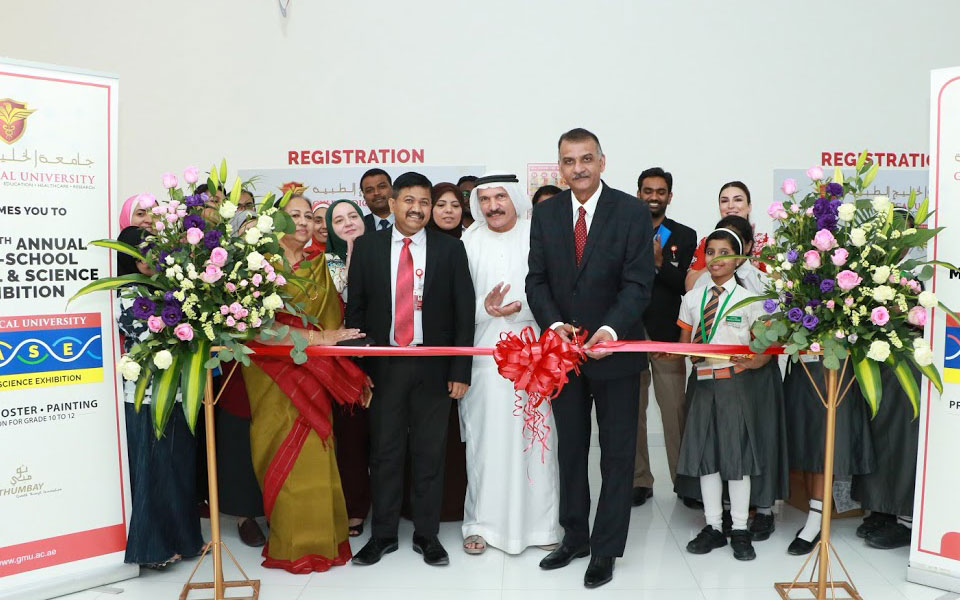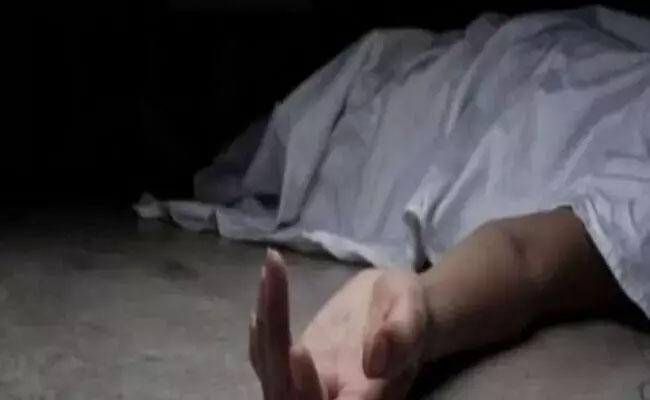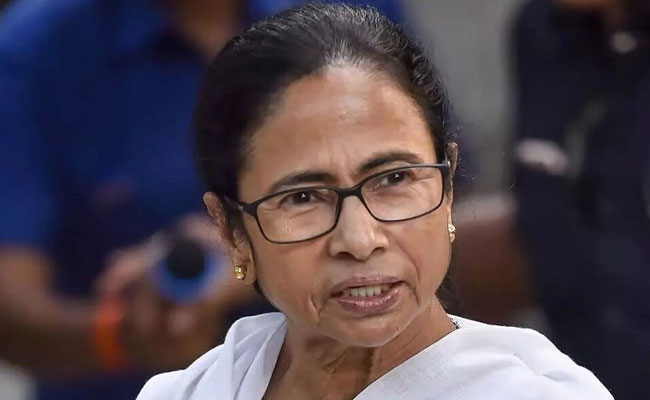An automated device to prevent children being left inside locked cars, a method to generating electricity from doors, a smart helmet which gives bike riders a 360 degree vision of their surroundings and a system that prevents children from falling off balconies were some of the projects on display at the Gulf Medical University’s 12th annual Medical and Science Exhibition (MASE) on 24th and 25th October 2018, where around 2000 students from 65 schools vied for prizes in the projects, posters and paintings categories.
Prof. Manda Venkatramana, Vice Provost - Academics, Gulf Medical University, in the presence of the Deans and students of the University and participating students and school authorities, inaugurated the event on Wednesday.
Students of grades 10, 11 and 12 from across the country exhibited around 300 projects, 300 posters and around 250 paintings based on science and medicine, vying for total cash prizes of AED 25,000, in addition to trophies and certificates. A panel comprising of leading doctors, professors, and medical science professionals judged the competitions.
Explaining the aim of the annual exhibition, Prof. Hossam Hamdy, the Chancellor of Gulf Medical University (GMU) said, “Every year GMU MASE stimulates the creative talents of young scientists and instills in them an interest in medical and science-based careers. GMU MASE gives students the chance to see and experience theoretical concepts in action. This infuses scientific temper in them and transforms their perspectives and approaches.”
Projects included many innovative prototypes, most of them attempting to solve the challenges and issues of everyday life. Ruchika, Sakshi, Nashita and Samrin, grade 11 students from The Millennium School Dubai displayed an advanced project called ‘Hot Cars’ to ensure the safety of children in the summer heat. “Every year, an average of 156 children die in overheated cars. Our project presents an electronic system which senses the presence of children in a locked car and maintains a safe temperature within. It works even when the engine is switched off,” they explained.
The ‘Balcony Life Saver’ by Thomas, Jason, Allen and Niju, grade 12 students of Indian School Ajman was yet another notable project. Seeking to address the issue of children falling off balconies, the working model demonstrated how the parent would receive an instant alert on his/her mobile phone as soon as a child enters the balcony, at the same time activating a self-deploying net which would ensure the child’s safety in case of a fall.
Rishab and Rahil from The Millennium School Dubai presented the ‘DynaDoor Project’, a unique way of generating electricity form of doors, by converting the physical energy generated from opening/closing doors to electrical energy. “Considering that our school has around a hundred doors which are used every day, the electricity thus generated can be used to light up a one-bedroom flat for a week,” explained Rishab. The project had won the people’s choice award at the DEWA Conservation Awards.
Apart from working models, students also presented still models and charts about various medical and scientific advancements, diseases, lifestyle issues etc. The paintings on display also won the admiration of visitors.
The winners were declared and prizes awarded at the closing ceremony on Thursday. Apart from the overall championship, prizes were awarded to 35 team and individual categories, including viewers’ choice awards.
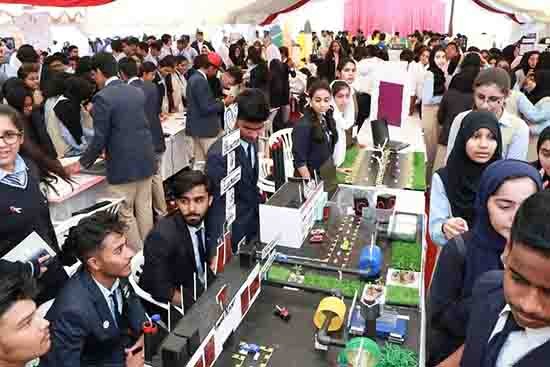
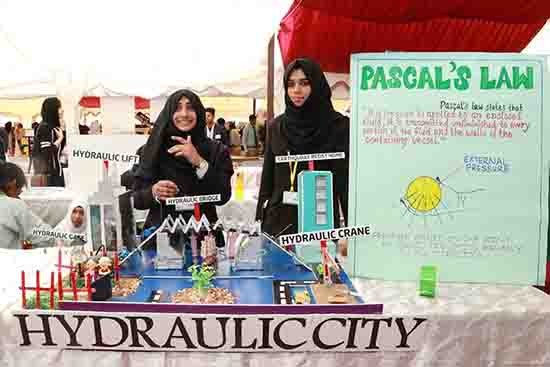
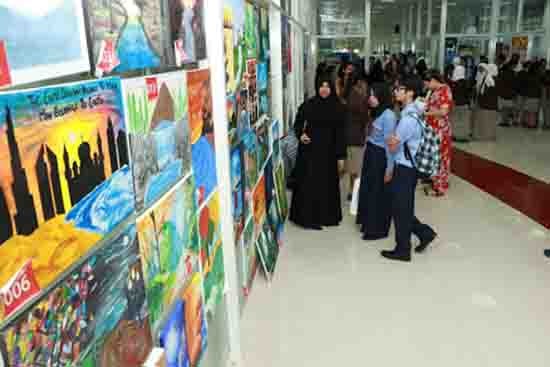
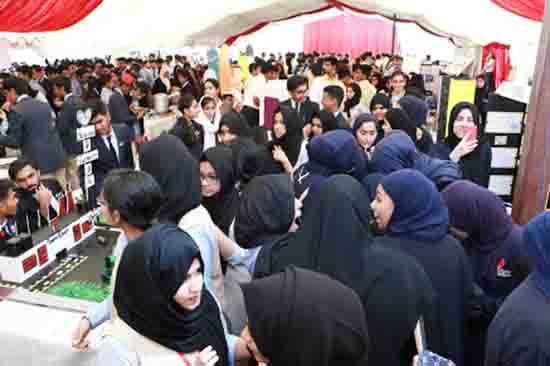
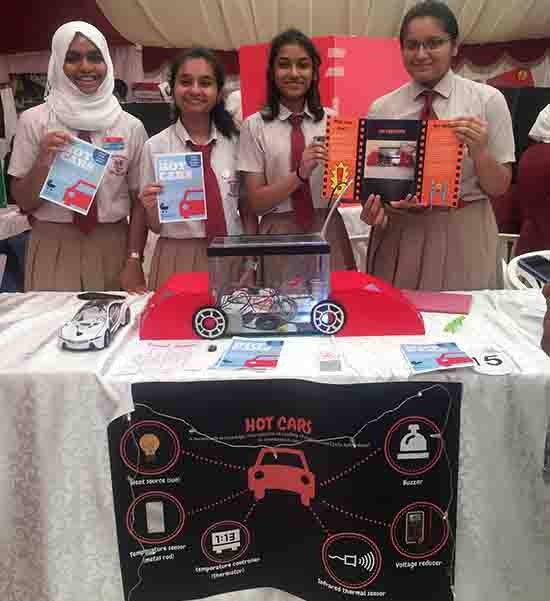
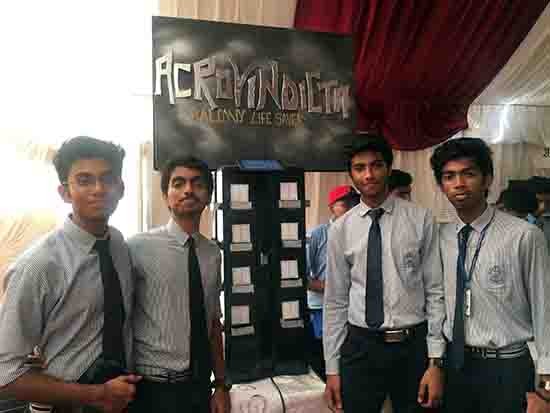
Let the Truth be known. If you read VB and like VB, please be a VB Supporter and Help us deliver the Truth to one and all.
Medininagar (PTI): A couple and their 18-year-old son were allegedly hacked to death over suspicion of practising witchcraft in Jharkhand's Palamu, police said on Sunday.
Their minor daughter was also injured in the attack late on Saturday, a police officer said.
The bodies were recovered from their house on Sunday in Panki police station area, he said.
“Initial investigation suggests that the case is related to witchcraft suspicion,” Manoj Kumar Jha, Sub-Divisional Police Officer (SDPO) of Lesliganj told PTI.
A manhunt is on to nab the culprits, Jha said.
The girl suffered severe injuries and has been admitted to a government hospital, he said.
The deceased have been identified as Vijay Bhuiyan (45), his wife Kalia Devi (40), and their son Chotu Bhuiyan.
The bodies have been sent to Medinirai Medical College and Hospital (MMCH) for post-mortem examination.

